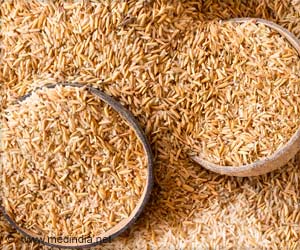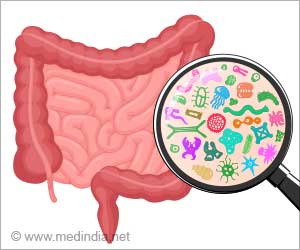HNF4-(alpha) protein is inhibited during intermittent fasting. Fasting can be an effective intervention to treat disease and improve liver health.

‘HNF4-(alpha) protein, which regulates a large number of liver genes, plays a previously unknown role during intermittent fasting.’





"We know that fasting can be an effective intervention to treat disease and improve liver health. But we haven't known how fasting reprograms liver proteins, which perform a diverse array of essential metabolic functions," said Dr Larance, a Cancer Institute of NSW Future Research Fellow in the Charles Perkins Centre and School of Life and Environmental Sciences at the University of Sydney. "By studying the impact on proteins in the livers of mice, which are suitable human biological models, we now have a much better understanding of how this happens."
"For the first time we showed that HNF4-(alpha) is inhibited during intermittent fasting. This has downstream consequences, such as lowering the abundance of blood proteins in inflammation or affecting bile synthesis. This helps explain some of the previously known facts about intermittent fasting," Dr Larance said.
The researchers also found that every-other-day-fasting - where no food was consumed on alternate days - changed the metabolism of fatty acids in the liver, knowledge that could be applied to improvements in glucose tolerance and the regulation of diabetes.
"What's really exciting is that this new knowledge about the role of HNF4-(alpha) means it could be possible to mimic some of the effects of intermittent fasting through the development of liver-specific HNF4-(alpha) regulators," Dr Larance said.
Advertisements
Dr O'Sullivan said: "These multi-Omics approaches give us unprecedented insight into biological systems. We are able to build very sophisticated models by bringing together all the moving parts."
Advertisements
Dr Larance said that the information can now be used in future studies to determine optimum fasting periods to regulate protein response in the liver.
"Last year we published research into the impact of every-other-day-fasting on humans. Using these mouse data, we can now build up improved models of fasting for better human health."
Source-Eurekalert










